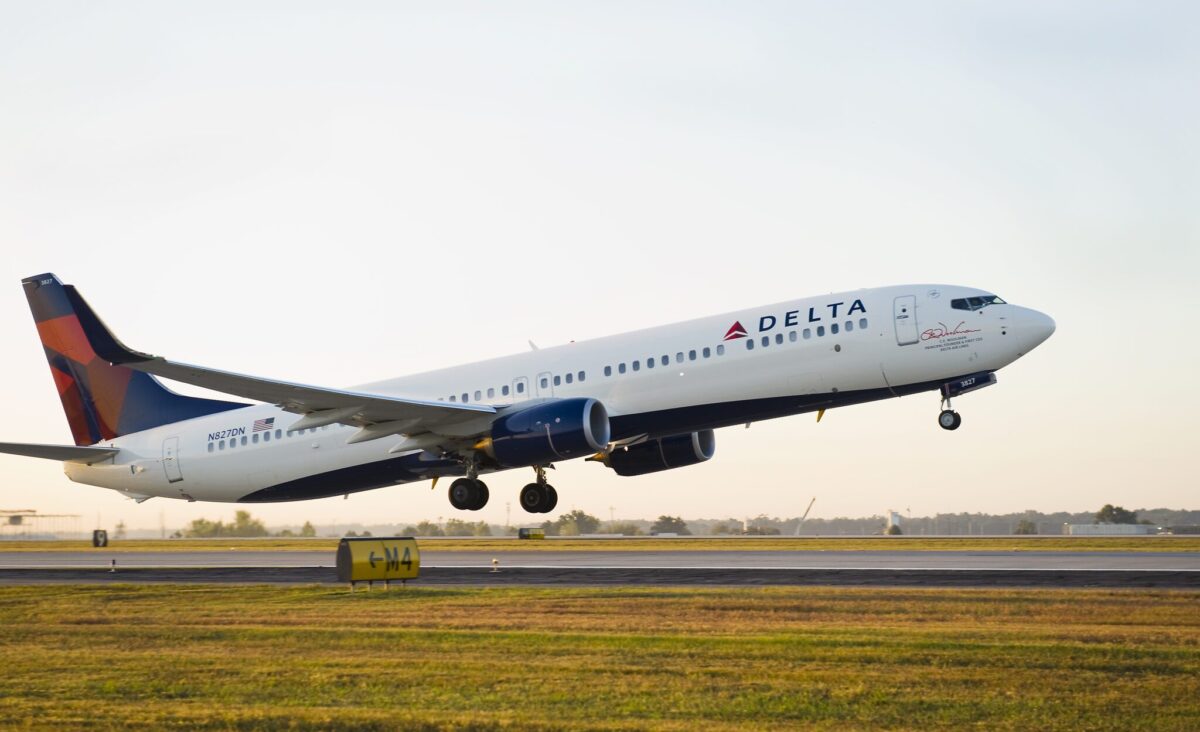Major Airlines Absent From Government Hearing Probing Loyalty Programs and Credit Cards

Skift Take
Have the loyalty programs of the biggest U.S. airlines grown so huge that smaller airlines can’t compete? That was one of the concerns during a hearing Thursday with the Department of Transportation and the Consumer Financial Protection Bureau.
Transportation Secretary Pete Buttigieg said he would be concerned if the Department of Transportation finds evidence of airlines operating their programs in a way that makes it more difficult for smaller carriers to enter the market.
“That would by definition be a competition concern,” Buttigieg said.
Buttigieg’s remarks come as the DOT announced in December that it would investigate whether airlines have devalued frequent flyer miles, which would make it more difficult for customers to book reward tickets.
However, Buttigieg said the DOT was still in the middle of its investigation and had not reached any conclusions yet.
CFPB director Rohit Chopra said his agency has found some initial evidence of airlines and credit card companies devaluing points and miles.

